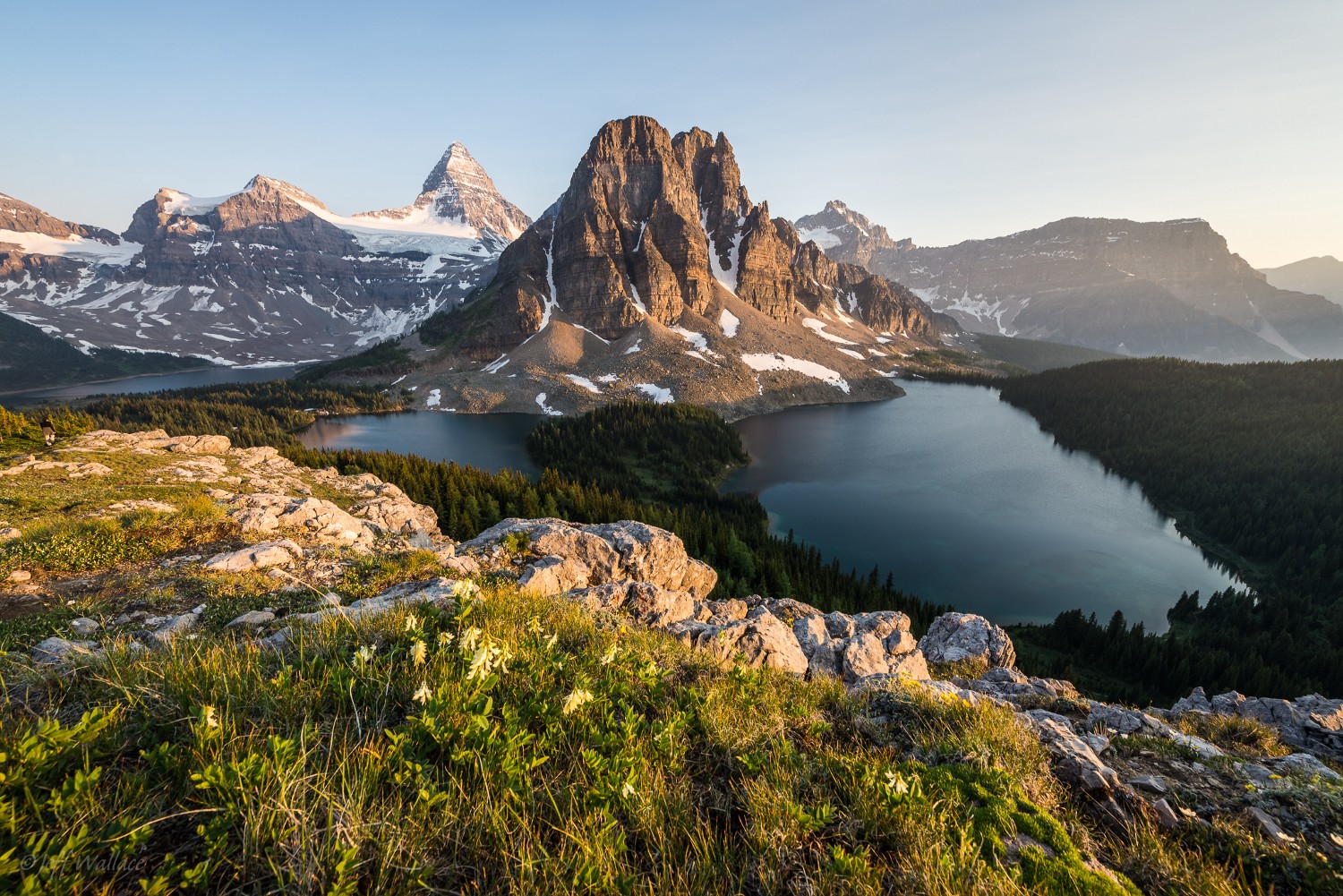A typical conversation with my peers involve a list of grievances about work, relationship, money, or lack thereof. It’s usually followed by some form of binging: Netflix, alcohol, food delivery, Snapchatting. All to forget about what’s really going on in life with a sprinkle of “I hate my job” to “I don’t feel fulfilled”.
It makes me think: Why are millennials so depressed and stressed? And I’m not the only one who has asked this same question. A simple Google search will show a slew of shouts and murmurs about why depression and negative emotions are so highly present among millennials. You can see it through an analysis by The Washington Post who points the finger at mom and dad and Vox who highlights various sources for why more than 5 million college students are struggling with mental health. The Guardian and CBS say economic indicators are to blame, and excessive use of social media has also been linked to depression among millennials according to Forbes. And not to dismiss that “the top ten causes of death around the world can either be caused or exacerbated by stress.” So all this exists and it’s pretty dangerous to our health, right? So what do we do about it?
Here’s how I’ve addressed my anxieties and lows of living and working in the midst of Manhattan’s immeasurable chaos and pressure… No, it’s not some magic potion or new meditation routine. No, I haven’t joined a hippie commune or attended a digital detox retreat. It’s simple. It’s nature.
I’ve found that immersing myself in nature, even for a few minutes, has made me become a better, healthier, and happier person. Studies have shown that urbanization and disconnection from nature have grown dramatically, along with mental disorders. This might be obvious to some people, but it’s made a drastic change in my life and I wanted to share my experience with anyone who might be going through the same thing — especially millennials living in New York City. I stopped making excuses and I decided to get a zip car membership and discovered a new found love for nature in upstate New York and around the city. We’ve stayed in a tipi in the middle of nowhere, a log cabin on a stranger’s estate, and even drove hours just to see a sunflower field in New Jersey. It might not sound like much but it’s saved my life and I actually think it can help save yours.
A Stanford University study finds that walking in nature could lead to a lower risk of depression. Other scientific studies have also shown that nature can make you happier, prolong your life, and can even change your brain structure. In 1984 Edward O. Wilson, a Harvard University biologist, naturalist, and entomologist, coined the term “biophilia” to describe how humans have “ingrained” in our genes an instinctive bond with nature along with the living organisms that inhabit our planet. It is extremely easy to forget that being near nature is vital to our survival between our daily deadlines, meetings, dating, with just enough time to make it to a happy hour once a week. My advice? Replace your weekly alcohol fun and use it as your new “blue fund”.
According to Michigan State University health geographer, Amber L. Pearson, “increased views of blue space is significantly associated with lower levels of psychological distress.” This “blue space” represents water. Romans, Koreans, Turkish, and the Japanese all have water therapy traditions and baths that have been used for various methods of rejuvenation, cleansing, and healing.
So what exactly does being near water do to your body and brain? Water floods the brain with feel-good hormones such as dopamine and oxytocin which causes the levels of the stress hormone cortisol to actually drop. And if you really want to step it up, carve out time and money for a “green fund”, too — parks, mountains, gardens, anywhere there is grass that you can roll around in like you’re 8 years old again.
I’ve made it a priority in mine. Besides, there are over 6,000 state parks in the U.S. and 58 national parks, waiting, calling your name. Say goodbye to depression, anxiety, stress — all things that are linked to causing you pain, suffering, and even aging. Spend time in nature and make it a priority — the same way you need to stay hydrated — carve out time in your life so you can add more time to it. Because at the end of it all, time is all we have.
Originally published at medium.com


